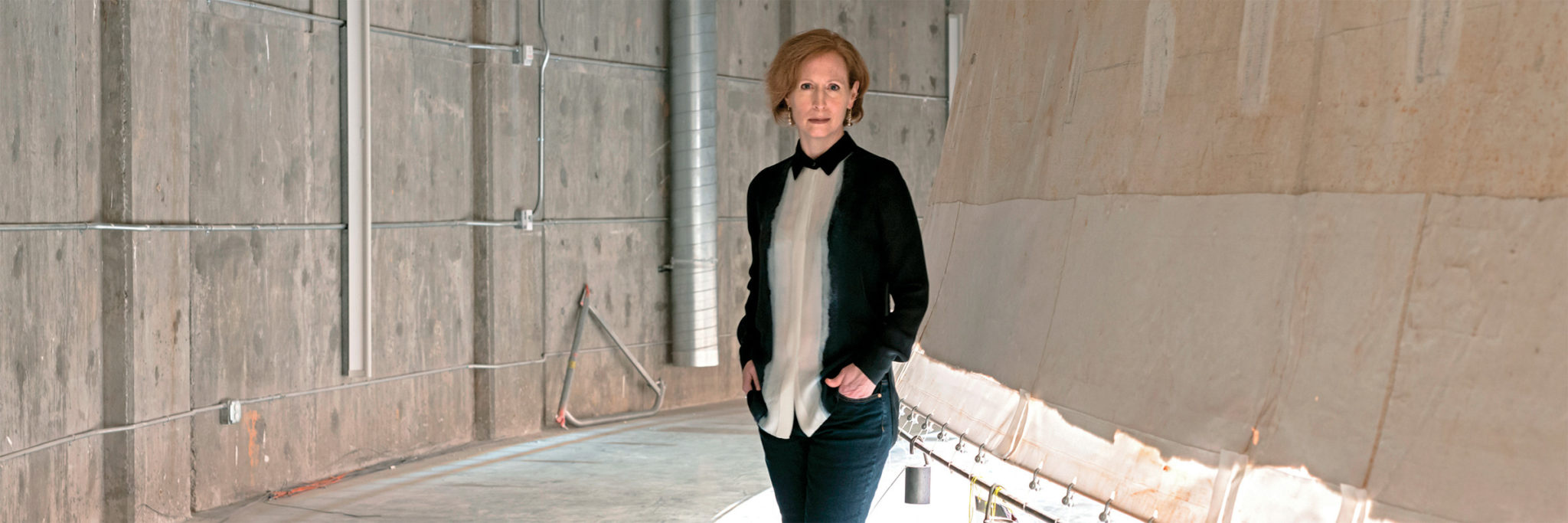Atlanta’s Alliance Theatre first staged “Native Guard”—a play based on the work of U.S. Poet Laureate Natasha Trethewey that recalls the story of the first African-American Union troop—in 2014. The play had a very successful initial run, but it was revived this past February, says Alliance Theatre Director Susan V. Booth ’85, because a shifting national dialogue made it all the more relevant. “With the advent of Charlottesville and all that followed,” says Booth, “the conversation around how we understand our American history and how we commemorate it has become urgent.” Here, we talk to Booth about theatre’s role in defining our nation’s past—and its present.
Q: Your production took place next to an exhibition of Confederate artifacts at the Atlanta History Center. How did this juxtaposition affect the audience?
A: In real time, we were all confronting the multiplicity that is the American narrative. Our audience members would watch the production, walk across the hall and see the exhibit, and then return for a dialogue facilitated by a civic leader. There was a degree of honesty and vulnerability in those dialogues that was hugely moving.
Q: Do you think that the arts, particularly theatre, can comment on and correct history?
A: Always, we can comment. Correct? We can never undo what’s been done, but we can draw the eye and the mind and the heart to an intentional examination of the fissures in both our personal communities and our civil societies. And we can aspire to offer new paths on which to walk forward. We should hold ourselves to that standard and yet be mindful that our work is to try, fail, try again, and fail better. We are human, after all.
Q: Does theatre have a curative power, especially in the increasingly bifurcated world we inhabit?
A: Yes, yes, and again, yes. The poet Kenneth Rexroth said that “against the ruin of the world, there is only one defense—the creative act.” What this practice does is step into our controversies and polemics and provide a kind of compassionate triangulation. You and I can sit side by side as people with potentially violently opposing views and beliefs. We can watch the human magic that is theatre together and turn to one another and say, “I saw myself in that. Did you?” And in unpacking that experience, we may just discover the commonalities that co-exist with all of our perceived differences.
Q: As an artist, performer, director, fundraiser, and a woman, what do you think are the most vital challenges facing the arts today—and how do you overcome them?
A: I think it is a time of critical opportunity for the arts. Our communities are in sore need of means for empathetic dialogue. The theatre provides that space and catalyst. Our graduating students are in need of the emotional fluency to listen and communicate across cultures and socioeconomic backgrounds if they are to succeed in the work place. Arts practice teaches that. Our children are in need of multiple forms of expression in order to find their own way in early learning—and arts education has been quantitatively and qualitatively proved to provide that.

